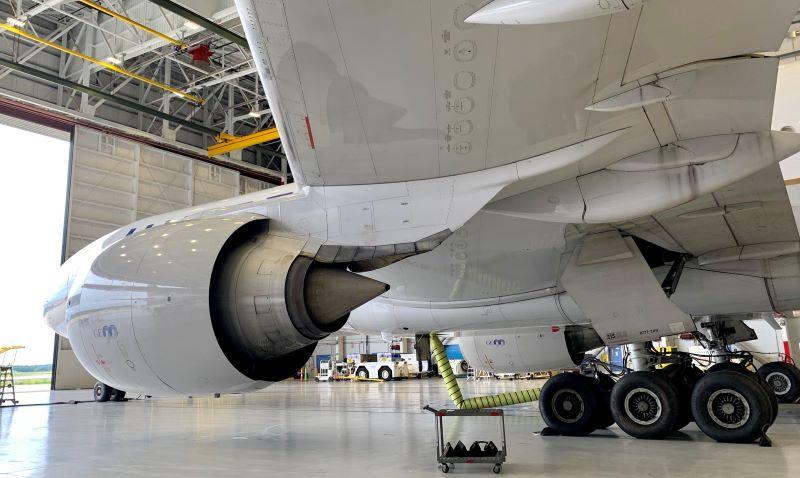
Credit: Sean Broderick / AWST
WASHINGTON—The FAA plans to require affected Boeing 777 operators to modify fuel systems to ensure they are accurately tracking the amount of fuel going into center wing tanks, correcting a design flaw that has led to over-reporting of fuel amounts—and some diversions as a result. A draft...
Subscription Required
This content requires a subscription to one of the Aviation Week Intelligence Network (AWIN) bundles.
Schedule a demo today to find out how you can access this content and similar content related to your area of the global aviation industry.
Already an AWIN subscriber? Login
Did you know? Aviation Week has won top honors multiple times in the Jesse H. Neal National Business Journalism Awards, the business-to-business media equivalent of the Pulitzer Prizes.

